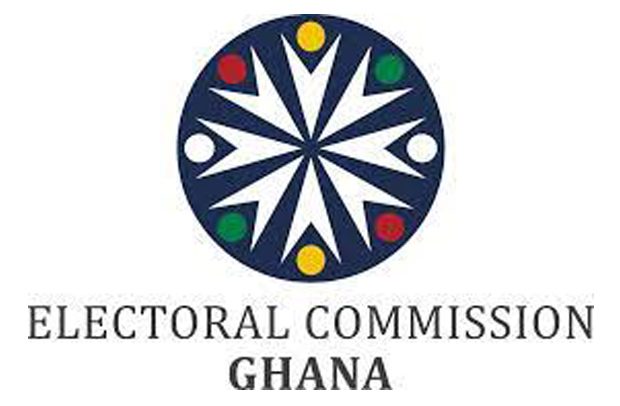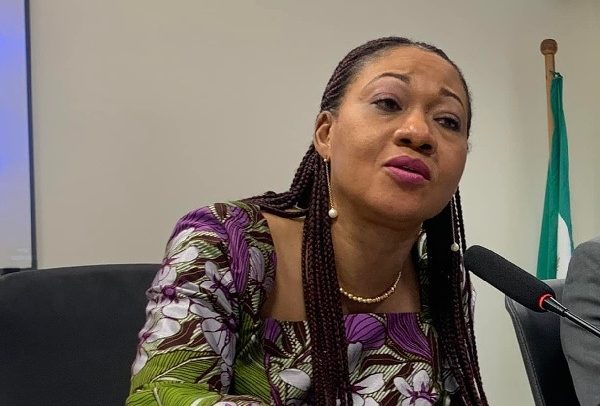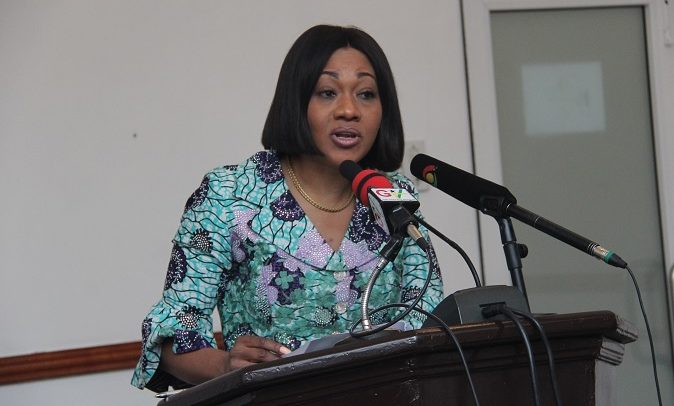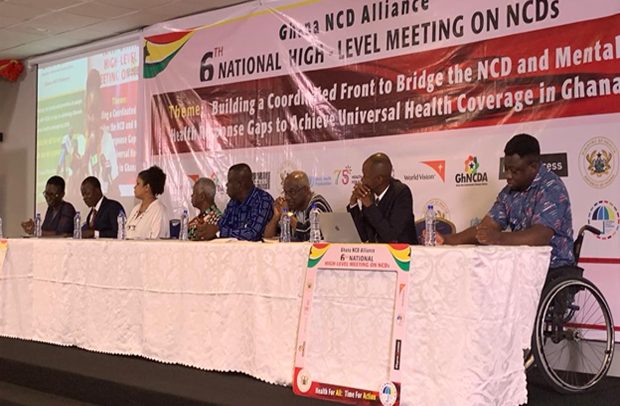
The European Union (EU) has called for more inclusiveness in the selection of Chairperson of the Electoral Commission (EC) to make it satisfactorily to all stakeholders and enhance the independence of the electoral body.
The recommendation, according to Chief Observer of the EU Election Observation Mission (EU-EOM) for the 2016 presidential and parliamentary elections in Ghana, Tamas Meszerics, is necessary to spur stakeholders and citizenry confidence in the EC.
Speaking at a press conference in Accra yesterday, he said this required effective communication on the part of the EC and all stakeholders participating in the electoral process to make it visible to citizenry.
The press conference follows the visit of an Election Follow-up Mission in the country to assess the implementation of EU-EOM recommendations based on assessment of the 2016 electoral process for a successful 2016 and future elections.
Mr Meszerics reiterated the need for electoral stakeholders to continuously engage in good faith toward achieving the necessary bipartisan consensus and to create an environment for public confidence in the electoral process.
In resolving electoral challenges, he stated that, it was imperative that electoral stakeholders work together to find solutions that would be acceptable to all.
"We urge all electoral stakeholders to engage in extensive consultations with the view of achieving the necessary bipartisan consensus and an environment conducive for a greater level of public confidence in the electoral process," the Chief Observer stated.
Among its preliminary findings, he said the mission found that although there exists elaborate electoral dispute mechanisms, it was cumbersome, making it unattractive for concerned stakeholders to seek administrative redress.
"We found that Ghana has an elaborate electoral dispute mechanism but it is cumbersome and uneasy, compelling aggrieved persons to seek judicial redress. However, many of the disputes border on technical level and can be resolved through administrative mechanisms. We should find a way of making it effective," he added.
Mr Meszerics said the coming into force of the Right to Information Law was a good tool in ensuring enhanced transparency and improving public confidence in the EC and called on the citizenry to help in its implementation.
He said civil society organisations and political actors must fall on the Right to Information Law to actively make election processes more transparent and contribute to successful elections in 2020 and beyond.
He called on Parliament to enact the Affirmative Action Bill to help toward increasing women participation in the country's entire electoral process.
Read Full Story




















Facebook
Twitter
Pinterest
Instagram
Google+
YouTube
LinkedIn
RSS